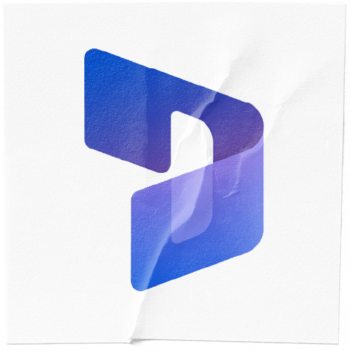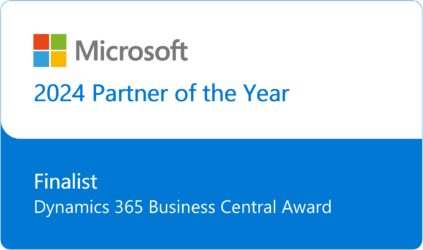What is Microsoft Dynamics 365?
Microsoft Dynamics 365 is Microsoft’s business applications platform with tools for every department in the business. It covers marketing, sales, customer service, field service, project management, operations and finance. The platform is built with best practice process at its core with the ability to customise and extend the platform to fit your unique needs.
Built in Microsoft cloud, D365 is scalable, secure and always up to date. Additionally, the apps are built on the Dataverse, Microsoft’s enterprise grade data platform, meaning that all your data is in one place, offering a true 360 view for every department.
Modular in its architecture and licensing structure, you only pay for what you need and can deploy apps individually or together. This provides a phased digital transformation roadmap, focusing first on your high priority areas.
Speak with a Dynamics expert










